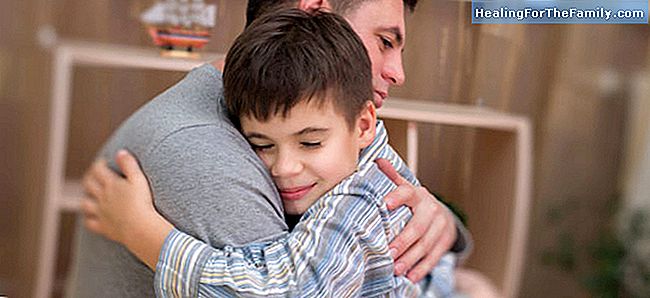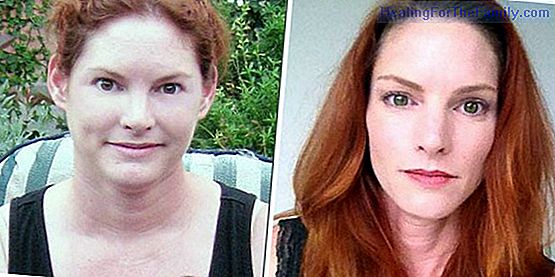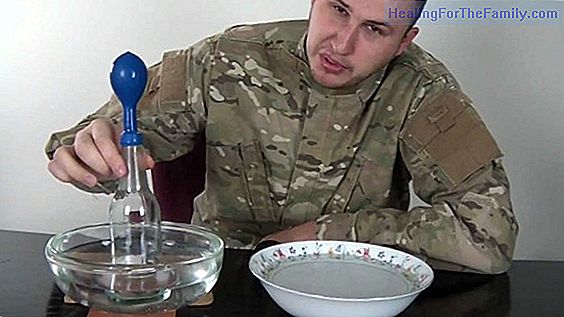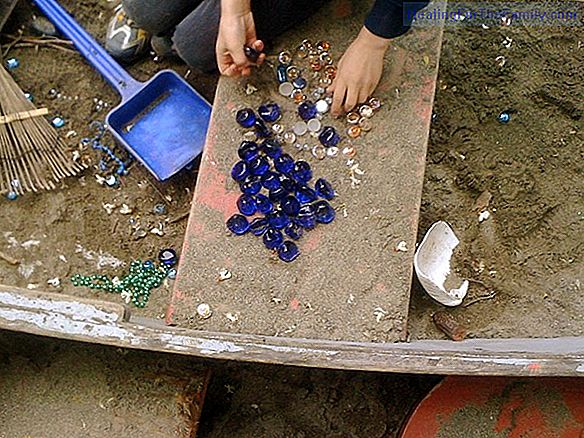Teach children to forgive and not be spiteful
Not knowing how to forgive goes hand in hand with unnecessary suffering. Negative emotions, like rancor, work exactly like acid. Acid does more damage to the container that contains it than to what it is poured on. With negative emotions the exact same thing happens, the main harmed is the person wh
Not knowing how to forgive goes hand in hand with unnecessary suffering. Negative emotions, like rancor, work exactly like acid. Acid does more damage to the container that contains it than to what it is poured on. With negative emotions the exact same thing happens, the main harmed is the person who has resentment or resentment within himself. Teaching children to forgive and not being spiteful will help them feel better about themselves.
How to teach children to forgive

Children throughout their childhood, and of course also during adolescence and adulthood, will be involved in situations in which they will have to forgive or be forgiven.
Therefore, it is essential that children are skilled at resolving conflicts and have no difficulty asking for forgiveness or accepting the apologies of other people.
Learning to forgive and ask for forgiveness when necessary facilitates that children can function adequately in their social environment and that they can enjoy a state of calm that allows them to be satisfied with themselves. - Set an example at home.
As parents, we need to ask for forgiveness from our child when we make a mistake. This will make the child notice us, normalize asking for forgiveness, internalize it and acquire this skill little by little. Parents are also wrong and asking for forgiveness is an act we must do without being afraid of losing authority. -
Let them see that they have also been wrong on many occasions and that despite that they have been forgiven. None of us are perfect, so we must also accept the imperfections of others. - Work with them empathy
, that is, the capacity to put oneself in the place of the other. The child can be invited to reflect by asking the following questions: Do you ever remember that you did not do things right? And how do we react with you? How would you have felt if we had not come to forgive you when you asked for forgiveness? Do you like to be forgiven when you're wrong?- Help the child not to have a vision of tunnel and on the contrary
encourage him to assess the situation as a whole es, that is, teach the child not to focus only on the bad that that person has done to him and to encourage him / her to see also all the good that that person has given him. It is necessary that the child take a balance and learn to not end a relationship by a simple gaffe. - Congratulate him when the child asks for forgiveness.If we want a behavior to repeat itself we have to reinforce it. For this reason, if the child asks for forgiveness it is good that we reinforce it with a look of complicity, a wink, a caress, a few words (very good!).












